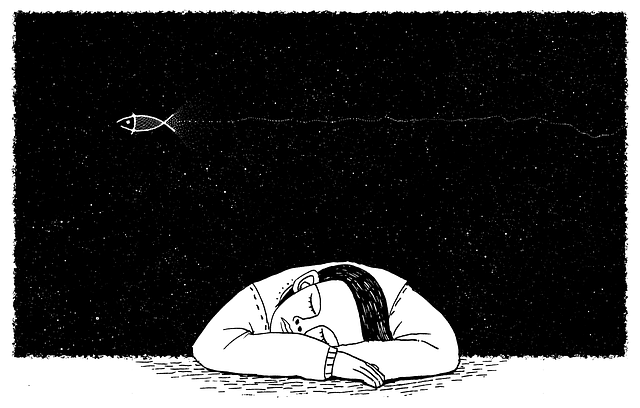7 Sleeping Problems and Solutions You Can Do at Home

Sleeping problems can have an enormous impact on your life, both during the day and in the long term. From an inability to fall asleep or stay asleep, to sleep apnea, insomnia, and other issues, not getting enough rest can affect your productivity, memory, and overall health in ways you might not realize. Luckily, there are many different solutions for sleeping problems, some of which you can do at home! The following seven sleeping problems and solutions should help you get the rest you need each night.
Identify Your Triggers
Different factors can cause sleeping problems, but some people are more prone to these issues than others. Identifying your triggers is key to finding the best solution for you! When it comes to sleep, a variety of things may be causing you trouble.
Keep a Regular Sleep Schedule
Wake up and go to bed at the same time every day, even on weekends. If you sleep in during the weekend, try to make up for it by going to bed earlier than usual during the week. You can visit theusmagtoday for more knowledge.
Avoid caffeine after 2 pm, especially close to your bedtime. Caffeine can stay in your system for hours and keep you awake.
Use your bedroom only for sleep or sex. The bedroom should be a place that is relaxing, not a place where you do work or watch TV.
Create an Optimal Sleep Environment
-Keep the room cool. Experts say that a temperature of 68-72 degrees is best for sleep. -Avoid light or sounds that might wake you up during the night. These are things like TVs, talking, loud music, etc. -Set your alarm clock away from your bed so you won’t be tempted to just hit snooze as soon as it goes off in the morning. -Get up and do something active right before bed to get your body more tired and ready for sleep. This could be doing yoga, stretching, reading a book, etcetera -Don’t drink anything with caffeine after 3 pm, and don’t eat anything heavy before going to bed because these can keep you awake at night.
Wind Down Before Bedtime
In order to have a better night’s sleep, try winding down before bedtime with some calming activities. Try taking a bath, reading a book, meditating, or doing some yoga. All these will help you relax your mind and body so that you’re ready for bed.
Get Moving During the Day
One of the most common reasons for sleeping problems is a lack of physical activity. Sedentary people during the day are likely to have trouble falling asleep at night. Exercise has been shown to improve sleep quality, so find a way to get moving during the day!
Limit Caffeine Intake
Caffeine stays in your system for an average of six hours after drinking. This can make it hard to sleep, especially if you have trouble winding down before bed. It is best to keep your caffeine intake limited to one cup of coffee or tea a day. If you do drink more than this, try not to drink caffeinated beverages after noon, or limit them to just one per day.
Avoid Working in Bed
Working in bed can lead to a bad night’s sleep. The best way to get a good rest is to avoid sleeping in the same environment where you work. Try reading an e-book or listening to some music while lying on the couch or taking a nap in the living room instead of your bedroom.
Conclusion
We all have days where we have trouble sleeping, whether it’s from stress or excitement over an upcoming event, such as an early morning flight or the big game tomorrow night. While there are certain prescription drugs you can get to help with these sleep problems, some of them carry long-term negative side effects that you may not want to deal with every night. At one time or another, we have all dealt with sleeping problems, whether it be insomnia, fatigue, or just an unquenchable need to sleep more than usual. It can be difficult to find the answer to your sleeping problem when you don’t know what it even is, but that doesn’t mean you’re stuck without answers forever.










